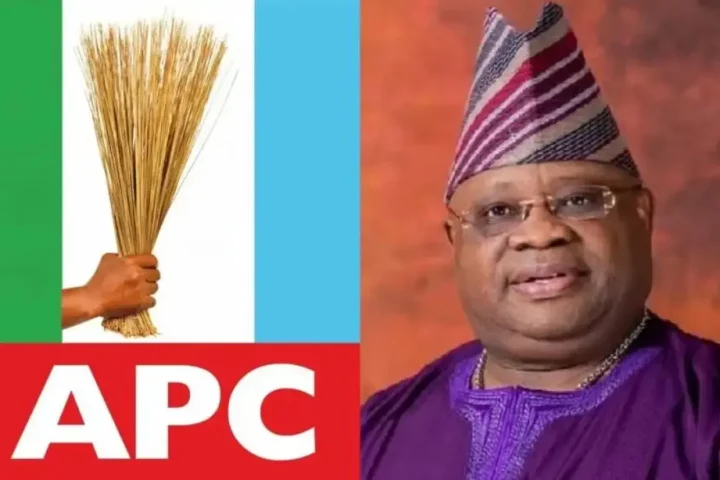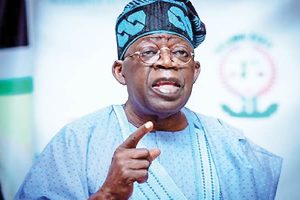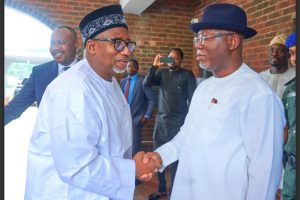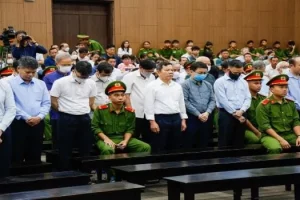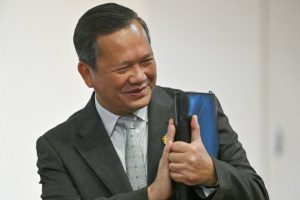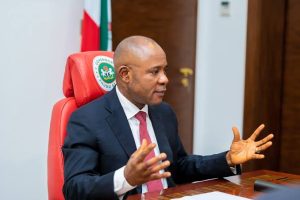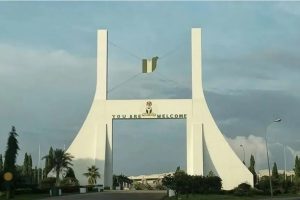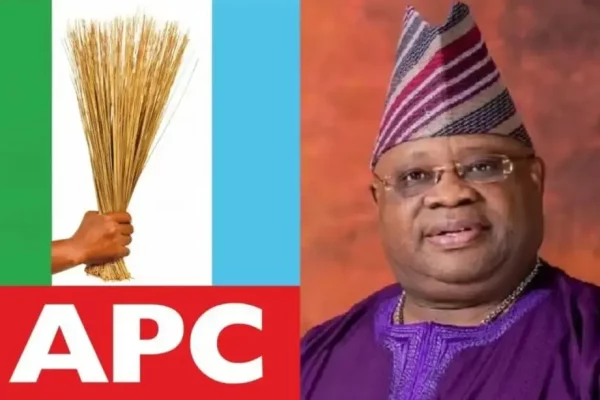
July 12, 2025
add comment
The All Progressives Congress (APC) is reportedly considering welcoming Osun State Governor, Ademola Adeleke, into its fold...

July 11, 2025
add comment
Uche Maduagwu, the controversial Nollywood actor, has criticized May Edochie, urging her to speak out against the...
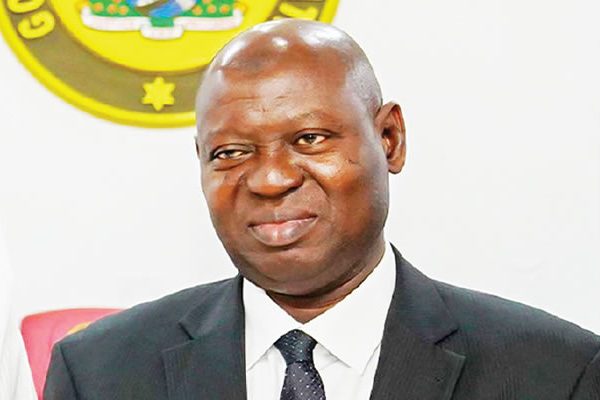
July 12, 2025
add comment
Ahead of the Lagos Local Government elections on Saturday (today), the Chief Judge of Lagos State, Justice...

July 11, 2025
add comment
Napoli have rejected a fresh €75m bid from Galatasaray for Victor Osimhen, despite the Turkish giants meeting the...

July 11, 2025
add comment
Canada’s unemployment rate dropped slightly to 6.9 per cent in June due to strong job gains in...
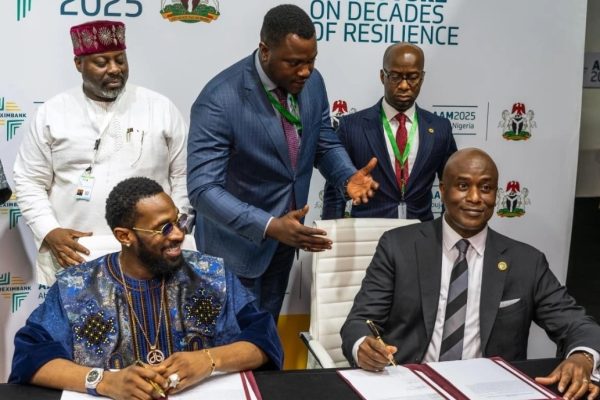
June 28, 2025
add comment
The African Export-Import Bank has sealed a partnership deal with the Creative, Reality, Entertainment, Arts and Music...

July 12, 2025
add comment
SIR AZUKA OKWUOSA: A BASTION OF QUALITY REPRESENTATION; A CATALYST FOR ANAMBRA SOUTH’S DEVELOPMENT. Dear APC Anambra...

Visionless APC and Anambra’s Hapless Cockerel
July 11, 2025
add comment

July 12, 2025
add comment
You can notice signs of HIV on the tongue during the early and late stages of the...
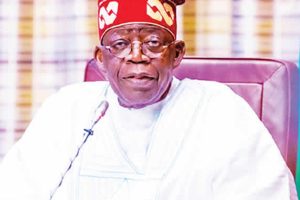
Probe Calabar hospital CMD Group Tells Tinubu
July 4, 2025
add comment

July 11, 2025
add comment
The National Universities Commission (NUC) has presented an operational license to the newly approved Ebonyi State University...



